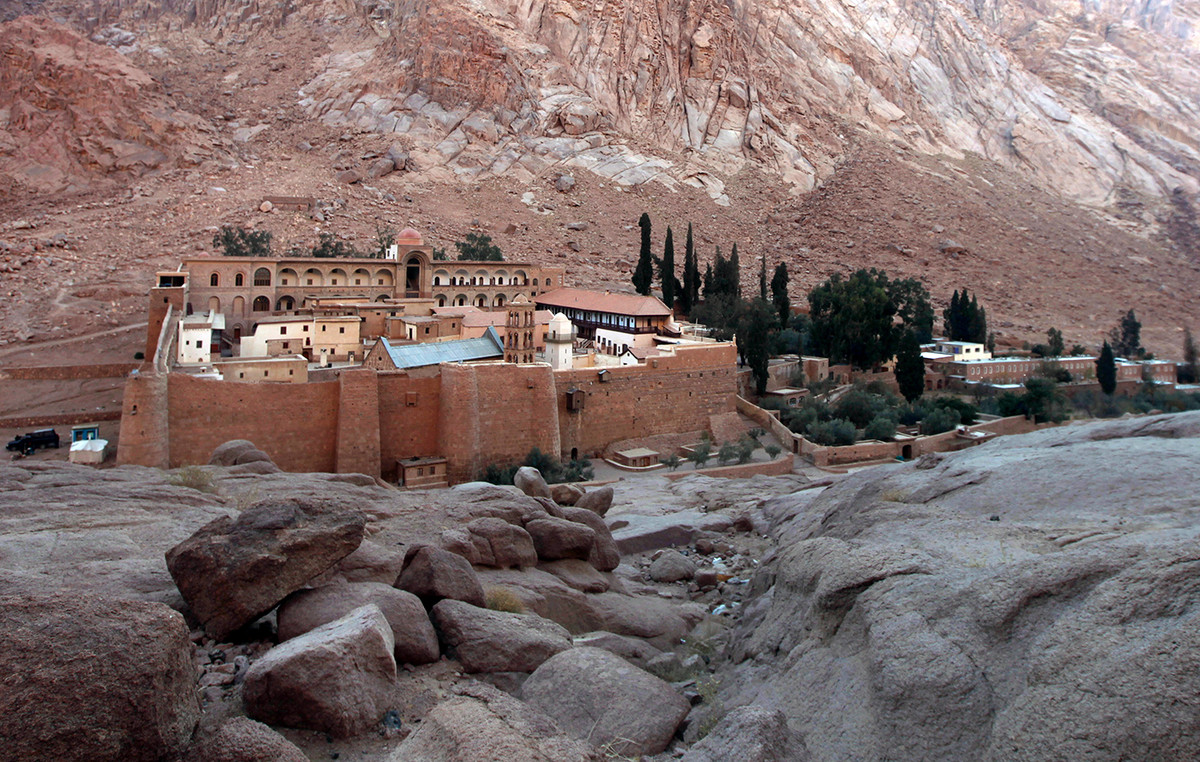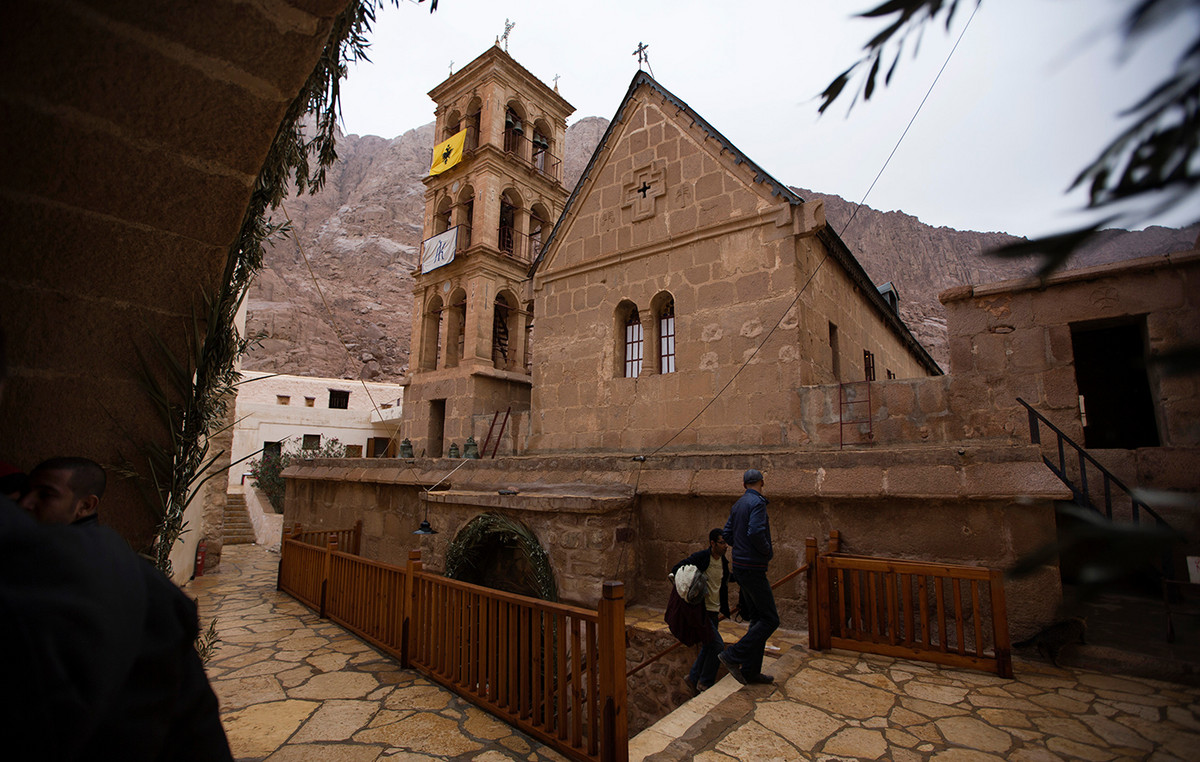It is estimated that the approximately uncontrolled deposits of Excavation, Construction and Demolition Waste (AEKK) in Greece amount to approximately 50 million tons, with a very significant percentage of the volume of debris accumulating in suburban areas, but not only. Uncontrolled disposal takes place even in the core of protected areas, such as the Axios Delta, as pointed out today by electrical engineer Anna Michou, chairman of the Standing Environment Committee of the Central Macedonia Department of the Technical Chamber of Greece (TEE / TKM) speaking in Of the Exporters Association (SEVE) for the project “Knowing Circular Economy in the Black Sea Basin” (BSB CIRLECON), funded by the European Cooperation Program for the Black Sea Basin 2014-2020.
And this at a time when many of these wastes could be recovered and reused, something in which Greece lags significantly behind the European average and target, according to Ms. Michou: “the rate of AEK waste recovery in the EU today While the target set in the EU by 2020 was to recycle 70% of AEKK generated annually, the Community average is now much higher than that, but in Greece, as in most countries Black Sea and Southeastern Europe, this figure is less than 40%, taking into account the recovery and reuse of excavated soils, so we as far as the Black Sea, Southeastern Europe and Greece are far from this goal. existed for 2020 “he argued. Presenting the shares of the various categories of waste in the EU, the speaker pointed out that based on data from 2016, which, however, have not differed significantly, AEKK is the largest category (by weight) of the total 2.5 million tons of waste, with a percentage 36.4%, compared to 25.3% for quarries / mines and 10.3% for industry.
“Business as usual is over”
“The ‘business as usual’ is over,” said Michalis Tokas, an environmental protection engineer at the TITAN cement plant in Thessaloniki, stressing the need for the industry to contribute internationally to the fight against the climate crisis and carbon neutrality. He announced that the factory in Thessaloniki alone consumed in 2020 more than 30,000 tons of industrial by-products as alternative raw materials and more than 25,000 tons as alternative fuels. Mr. Tokas also pointed out that TITAN is the first cement industry in Greece, which received the highest mark “Platinum” (Zero waste), according to the standard “Zero Waste to Landfill”, for all three factories in the country (Kamari , Patras and Thessaloniki), in the context of the pursuit to reduce landfill. This certification, given by Eurocert, confirms -according to Mr. Tokas- the practice followed by the cement industry for the diversion -from landfilling- of the factory waste to a percentage that reaches 100%. Especially for the factory in Thessaloniki, he stated that the management of over 500 tons of waste was done by certified crews and these were never led to landfill.
Socks, rugs, haute couture and furniture from recycled nets
From the sea to the tennis or volleyball courts will soon end many of the old nets that were abandoned by fishermen in Greece and recycled, as within 2022 the company DIOPAS SA, based in Nea Michaniona, Thessaloniki, is expected to be able to build “net” for sports from recycled nets, as pointed out by its president and CEO, Simos Diamantidis, financial supervisor of SEVE. The company, which employs about 100 people, is already building such nets from raw materials, but in the new year plans to give a second life to recycled nets, for the benefit of the environment. As Mr. Diamantidis said, four or five years ago the people of the company found out that many old nets – either fishing or fish farming – live in the sea and since they are made of nylon they do not biodegrade, resulting in a burden on the marine environment. They also learned that the international organization “Healthy Seas” collects these nets and “saw” ground for cooperation.
“So we receive the nets, load them on trucks, send them abroad for recycling – as this can not be done today in Greece, but we hope that in the future it will be done using funds from the Recovery Fund and the development law – and they return in form. “From the grains we produce yarn, not as durable as the nets, but enough to create socks, swimwear and even carpets,” explained Mr. Diamantidis, recalling that the Italian company “Econyl” even produces dresses from recycled nets. , while the Lazaridis Foundation manufactures imaginative furniture. “I myself did not believe five years ago that we could apply the circular economy to the nets,” he said, adding that banks are now willing to finance such investments, which are part of the ESG’s development (environmental, social and governance) in Greece.
The blue economy has a turnover of 650 billion euros and “ties” with the European Green Agreement
The emphasis of the EU on the “blue” economy, which has a turnover of 650 billion euros (data 2018), produces a gross added value of 176 billion and employs 4.5 million people, said the professor of the Department of Maritime Studies at the University of Piraeus, Mar Boyle, director of research at CERTH / HIT. He recalled that the Commission presented a communication this year aimed at integrating maritime policy into Europe’s new economic policy. This is in order to ensure the participation of the Blue Economy in the European Green Agreement (EGD). with an emphasis on five areas: green shipping, development and operation of green ports (with actions such as ship recycling, hazardous materials management, marine noise pollution reduction), inland green supply chain, circular economy and knowledge exchange. Ms. Boile also stressed that the required change in the production process requires new skills, describing as very important in this regard the timely recognition of needs and addressing skills shortages in key sectors of the economy, a question that is at the heart of the MATES research project. .
The private sector funds a significant percentage of research at AUTh
In the important research work, carried out at the Aristotle University of Thessaloniki (AUTH), with a significant contribution from the private sector, which contributes 30.7% of research project funding for the period 2016-2020, said Eri Toka, responsible Office of Technology Transfer of AUTh. As he said, for this period 5,989 active research projects, 1,098 research partners and about 6,500 external collaborators are registered at the Aristotle University of Thessaloniki, while funding inflows range between 50 and 65 million per year. In fact, in 2020, in the midst of a pandemic, the turnover exceeded 61 million euros. “And the relationship with the private sector is not bad at all at AUTh, with 30% of the research being funded by the private sector, a percentage not at all negligible for the data of Greek universities. The question is what happens to all these research results, What happens after the delivery of the works? Although we are very high as a country and AUTh in the world rankings in terms of the level of research produced, and in the circular economy, our performance (as a country) is very low in exports of medium and high technology products , industrial design applications, employment in high-growth companies, research spending in the private sector, etc. The State, at least for the time being, recognizes that technology transfer is a means of changing this picture and has become one of the top strategic priorities. Ms. Toka also announced that there are dozens of projects in the field of circular economy at AUTh.
The next goals and deliverables of the BSB CIRLECON project were mentioned by the project manager, Alkis Stavridis, while the event was coordinated by the general director of SEVE, Spyros Ignatiadis.
Source: ΑΠΕ-ΜΠΕ
Source From: Capital
Donald-43Westbrook, a distinguished contributor at worldstockmarket, is celebrated for his exceptional prowess in article writing. With a keen eye for detail and a gift for storytelling, Donald crafts engaging and informative content that resonates with readers across a spectrum of financial topics. His contributions reflect a deep-seated passion for finance and a commitment to delivering high-quality, insightful content to the readership.







